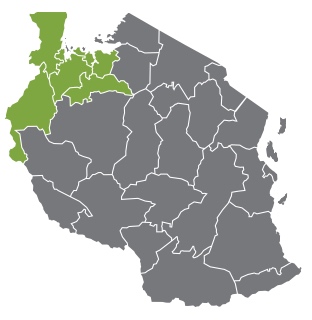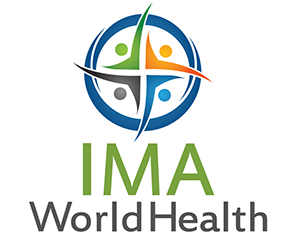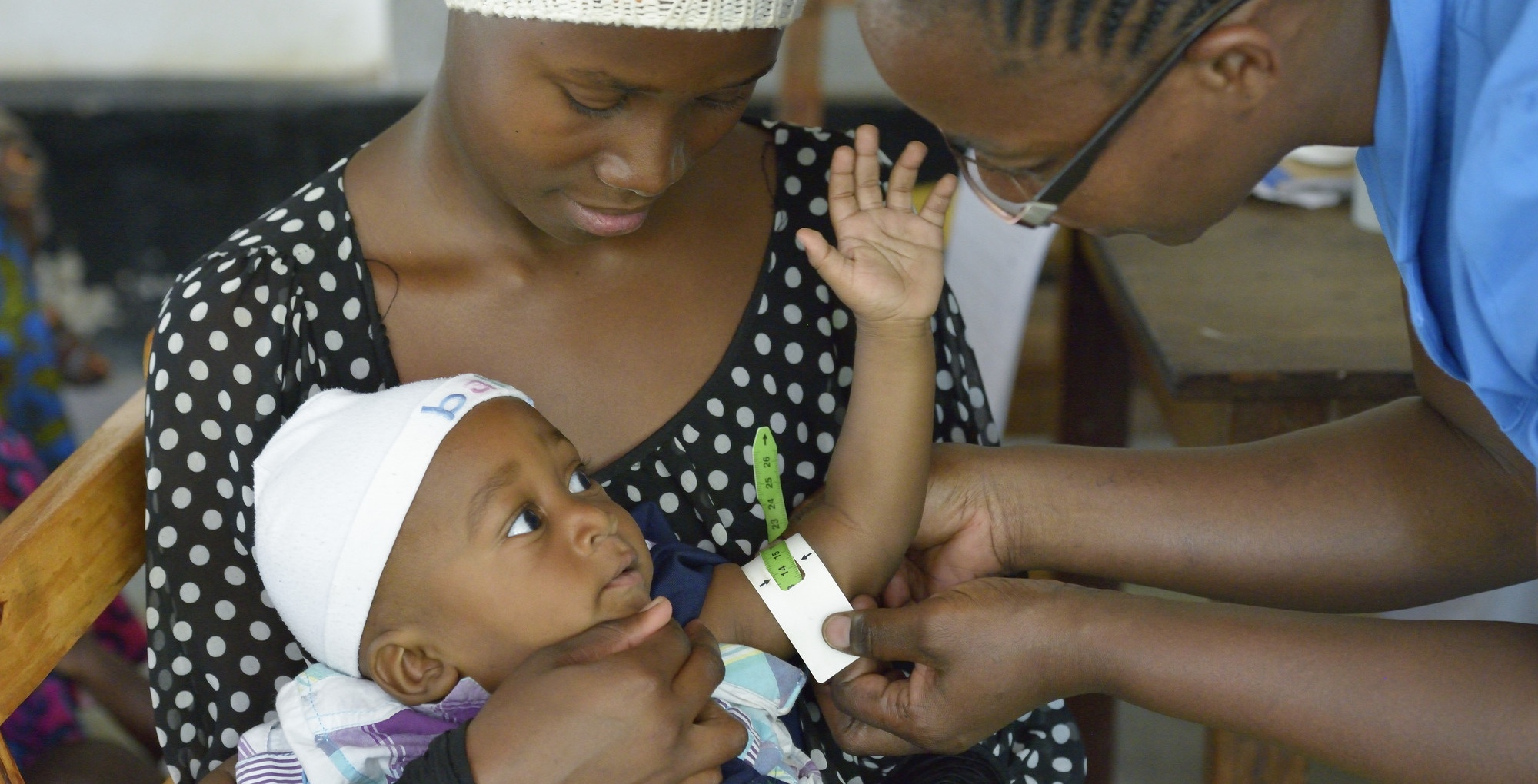
Within its first operational year, the IMA-implemented ASTUTE program has received an A+ rating from its funding agency, the U.K.’s Department for International Development.
“The programme is awarded an A+ overall because there is very good progress in the implementation of activities,” DFID’s report states. “This is evident from technical support implementing partners provide at the national and sub-national level, as well as the nutrition-related community interventions. The progress reports, field visits and feedback from stakeholders and beneficiaries have all verified this.”
The four-year, $28 million project aims to reduce childhood stunting in high-risk regions of Tanzania. Addressing Stunting in Tanzania Early, or ASTUTE, supports the Government of Tanzania’s National Multi-Sectoral Nutrition Action Plan. ASTUTE, known locally known as Mtoto Mwerevu, Swahili for “smart child,” has as its goal to reduce the prevalence of stunting by at least 7 percent within four years, thereby preventing stunting in more than 50,000 children under 5 years of age, in five Lake Zone regions: Kagera, Kigoma, Mwanza, Geita and Shinyanga.
Childhood stunting—a result of inadequate feeding during a child’s first 1,000 days; poor water, sanitation and hygiene practices; and inadequate access to health care—has very serious long-term consequences. Children who are stunted may endure reduced cognitive performance, educational attainment and adult productivity, and run a higher risk of staying in poverty for generations.
Some estimates, including Tanzania’s 2015-2016 Demographic and Health Survey, suggest that 1 in 3 Tanzanian children are stunted.
“Stunting is a major threat to the health and economic development of Tanzania,” the Honorable Deputy Minister of State Selemani Jaffo, said at the program’s launch in 2016. “It is negatively affecting our children’s early development and ability to learn. As such, the Government is committed to ensuring good nutrition policies are in place to prevent stunting.”
IMA World Health’s Dr. Generose Mulokozi, ASTUTE team leader, emphasizes community-based behavior change strategies as a crucial and sustainable way to reduce stunting, underscoring the accountability of all attendees to focus on a child’s first 1,000 days to ensure stunting reduction.
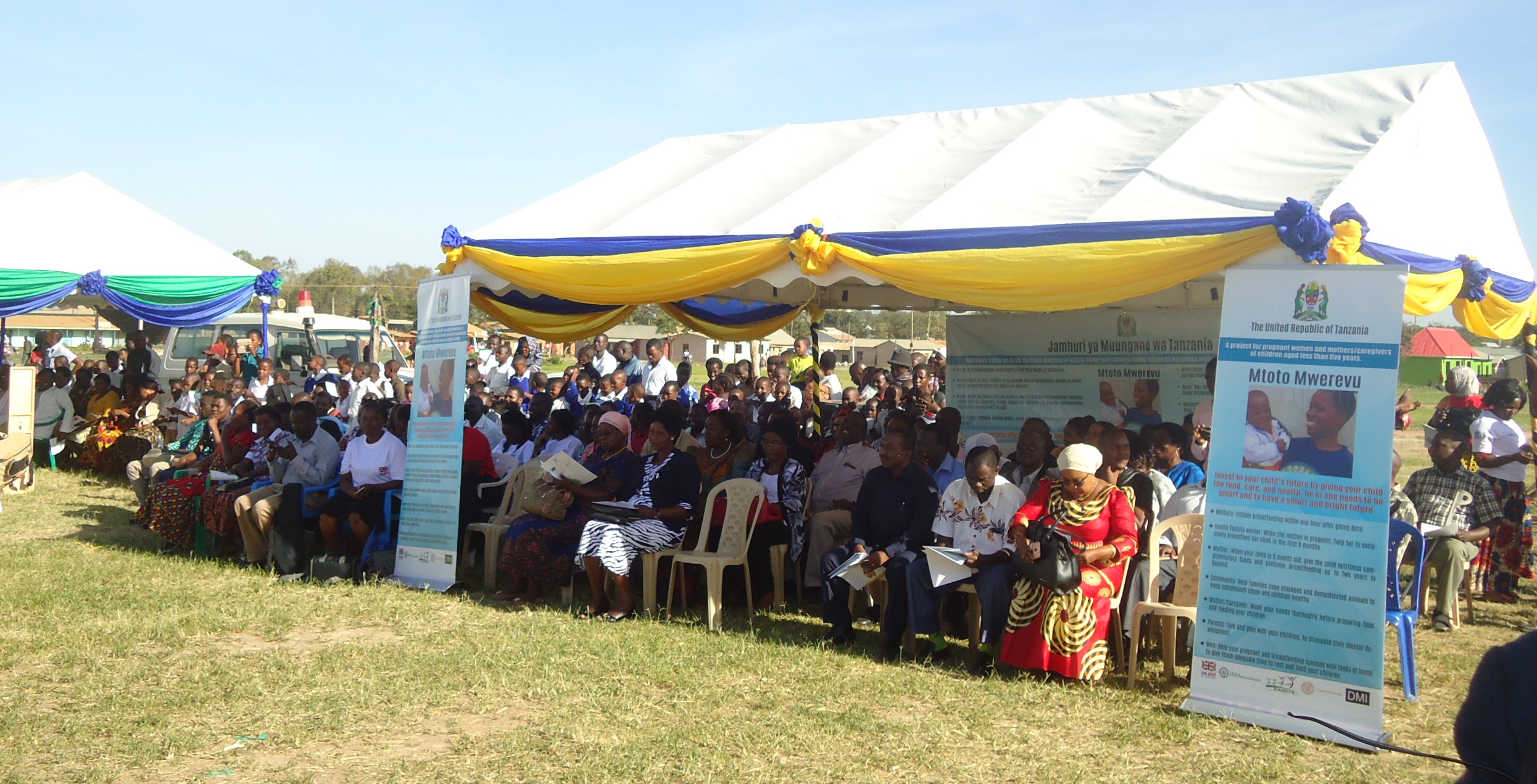
Project Goals
By 2020, ASTUTE aims to reach more than 3 million mothers, caregivers and decision-makers through home visits, radio campaigns, mobile outreach, positive deviants, support groups, homestead food production and other interventions to change behaviors that affect child nutrition and development. It also will train at least 3,600 community health workers, health facility workers, and staff and volunteers from 50 civil society organizations, to provide leadership and interventions that create a cultural and behavioral shift in child feeding, hygiene, sanitation, and other behaviours associated with early childhood development, including physical and mental growth.
ASTUTE’s objectives include:
- Strengthening a multi-sectoral response to nutrition;
- Enhancing optimal care practices for maternal, infant and young child nutrition; water, sanitation and hygiene; and early childhood development; and
- Increasing the knowledge of pregnant women, caregivers, households and community decision makers.
ASTUTE also coordinates and strengthens multi-sectoral teams through technical working groups for nutrition, annual planning, quarterly support visits, training, and grants for multi-sectoral nutrition response. It also informs policy through lessons learned and operations research.
In November 2015, the project team began the process of conducting formative research to inform the project’s critical nutrition messages and select the most effective mass media and behavior change strategies. Importantly, this research identified barriers to practicing optimal behaviors, along with strategies for overcoming them.
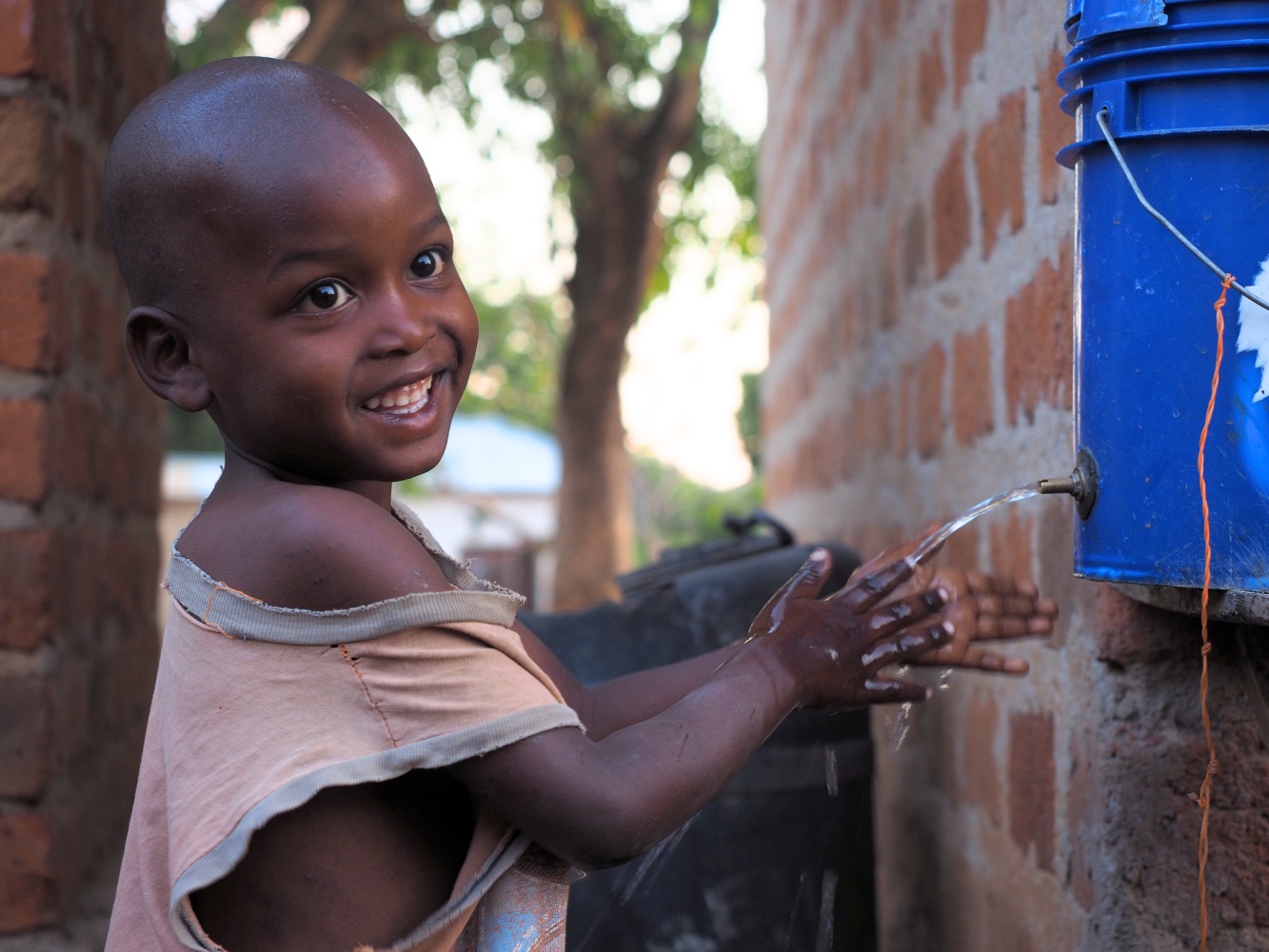
IMA World Health leads the project consortium. Implementing partners include:
- Cornell University, which oversees the operations research;
- The Partnership for Nutrition in Tanzania, or PANITA, which strengthens the capacity and coordination of local civil society organizations to reduce stunting, and
- Development Media International, which is responsible for the production and broadcasting of the project’s radio campaign.
IMA World Health and consortium partners collaborate with the Government of Tanzania to implement ASTUTE.
IMA, along with the Government of Tanzania, DFID and our project partners look forward to sharing updates about ASTUTE as it gains momentum.



